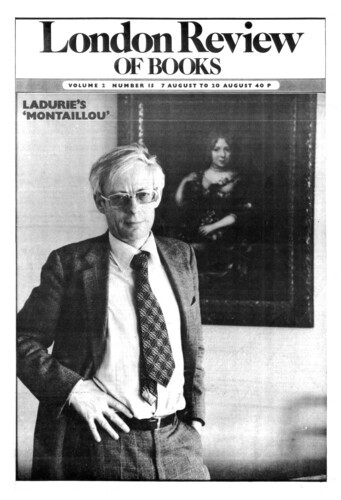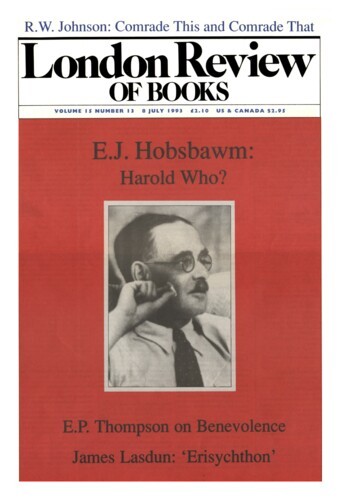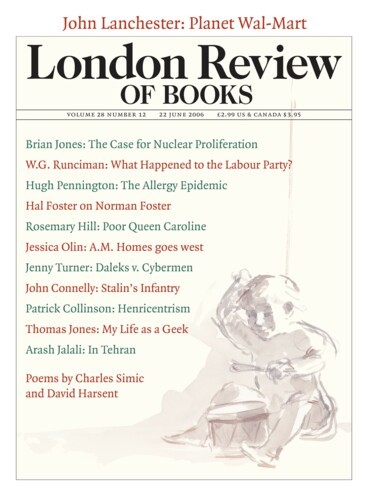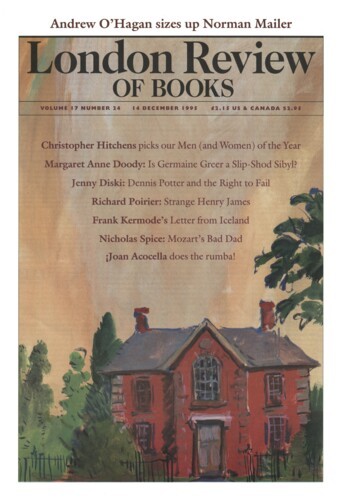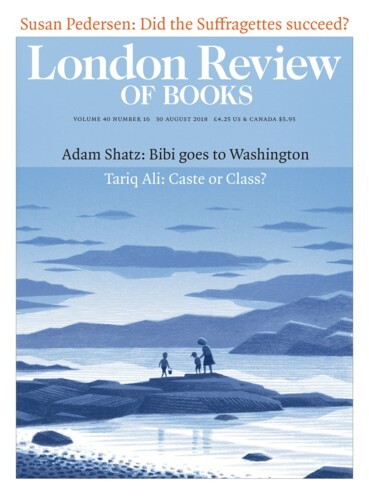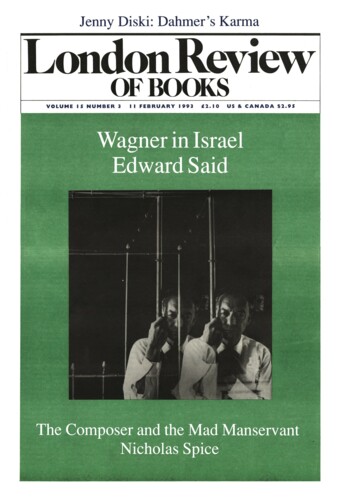The BBC on the Rack
James Butler, 19 March 2020
A post-broadcast era need not be a post-democratic one; an increasingly plural public sphere could be a resource as much as a threat. The BBC’s hegemony in Britain affords it opportunities to defend its own role and the role of public service broadcasting generally. It is a commonplace that it has many admirers but few friends. Now it is under naked attack by the government, it may find it has more than it thought.


